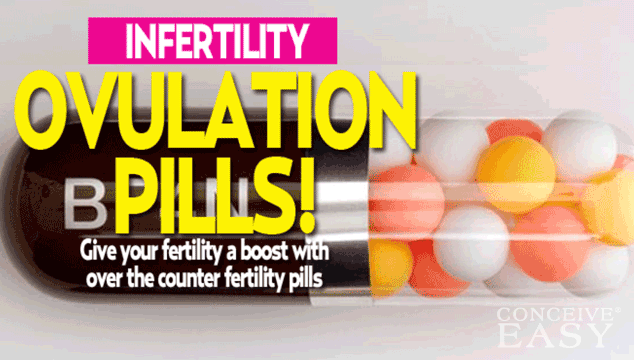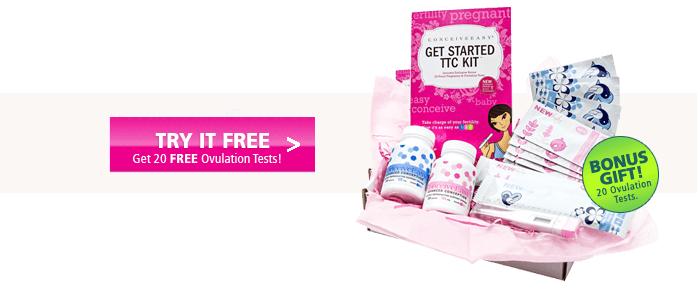![]() The information provided by our expert should not constitute a diagnosis of your condition. Always consult a medical practitioner or healthcare provider for a formal diagnosis. By making use of this content, you agree that ConceiveEasy and the expert assume no liability.
The information provided by our expert should not constitute a diagnosis of your condition. Always consult a medical practitioner or healthcare provider for a formal diagnosis. By making use of this content, you agree that ConceiveEasy and the expert assume no liability.
Vitamins are definitely something you can take to help improve the regularity of your ovulation cycle. Since ovulation is a critical part of becoming pregnant, this is something that many women struggle with on a regular basis. Claim Your 20 Free Ovulation Tests – Click Here
One of the main benefits in vitamins is that women are able to avoid the negative side effects that typically go along with prescription medication. Instead, they work with the natural function of the body, which can make it easier to become pregnant naturally.

This is something that you normally find in a prenatal vitamin because it is so important to the health of an unborn baby. However, it is also something that can help lower the chances of egg issues and disorders related to ovulation. It is recommended for women to consume around 400 mcg a day when they are trying to become pregnant.

This is something that we normally get from the sun. Low levels of this have been shown to cause a disruption to a woman’s ovulation cycle. Unfortunately, getting enough vitamin D during the winter is difficult. For this reason, taking supplements to make sure you are getting enough is important. 1,000 mg is the recommended amount of Vitamin D.

Iron is also something that improve fertility. When a woman is anemic, or has an iron deficiency, her ovulation cycle is usually disrupted. For many women, taking iron supplements can help regulate hormones that cause issues with ovulation. Just remember to take these supplements with fiber and water because they can cause constipation.

This is another vitamin that helps to regulate a woman’s hormones, which can help her to have a better chance to ovulate. One of the ways Vitamin B6 helps is that it lengthens the luteal phase. It also helps lower the amount of prolactin in the body, which can also be disruptive to ovulation.

Vitamin C is something that helps to improve the body’s ability to absorb iron, which is important for the ovulation cycle. It can also help make the blood vessels stronger, help fight infections and create more cervical mucus. These items are all things that can disrupt ovulation if they are not functioning properly.
In the end, these are all things you can take to help you ovulate regularly. However, make sure you are talking to your doctor about all the medications you are taking. In some instances, certain medications do not work well with supplements and can make them ineffective.










Comments